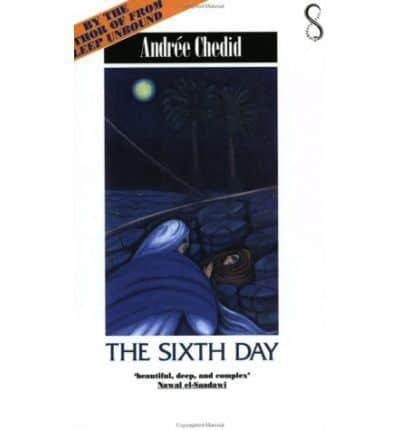It can be argued that one of the most difficult themes to produce in cinema is the outbreak of an epidemic. In Arab cinema, this theme has rarely been represented.
However, with the hardships amid the present COVID-19 pandemic, these earlier cinematic representations of epidemics might offer an insight into the human condition, the cruelty of disease, and conflicts of interests that arise during such critical times and also people’s resilience, courage, and sense of collective hope.
By looking at two films by acclaimed Egyptian directors, ‘Struggle of the Heroes’ by Tawfiq Saleh (1962) and ‘The Sixth Day’ by Youssef Chahine (1986), this webinar will discuss the political and social contexts within which the two directors situated their narratives.
The outbreak of the cholera epidemic in 1947 in Egypt was directly associated with the presence of British colonial forces and involving the country in WWII. The latter entailed the travel of troops from one country to another; in addition to the extreme poverty that large sectors of the Egyptian population endured and the lack of adequate medical resources. According to historical archives, the spread of cholera in 1947 was the tenth time that this epidemic had reached Egypt since its first wave in 1831. Discussions will also address the novel entitled The Sixth Day by the Egyptian-French writer Andrée Chedid (published in 1960), to explore the thematic links between the literary text and its adaptation in Chahine’s film. The novel tells a compelling story about Cairo and its people during the cholera epidemic and offers a message of hope and belief in human resilience.
Tawfiq Saleh’s film, ‘Struggle of the Heroes’, is available on YouTube in Arabic: youtube.com
The film narrates the story of an Egyptian village in the 1930s where a new epidemic is spreading but the local physician is unable to identify it. He only suspects that the patients’ symptoms are characteristic of an epidemic. As this revelation is against the economic interests of the village’s feudal lord who is exploiting the peasants and shares common interests with the British colonial regime, the outbreak of the disease comes to shake them; hence they join forces to hush it whilst plotting against the physician and the villagers.
Youssef Chahine’s film, ‘The Sixth Day’, is available in parts on YouTube with English and French subtitles: youtube.com
The film is adapted from Andrée Chedid’s novel about a working-class woman, Saddiqa (nicknamed Umm Hassan), who lives in a poor quarter of Cairo with her disabled husband and young grandson during British-colonised Egypt in the 1940s. Saddiqa finds herself battling against death when Hassan, her grandson, is struck down by cholera. Both the novel and film chronicle her perseverance to save Hassan despite all the odds she faces in her poor quarter, including the lack of adequate water, food and medical supplies needed for Hassan to be cured.
|
|
 |
 |
Speaker:
Dr. Dalia Said Mostafa, Visiting Professor, Lecturer in Arabic and Comparative Literature, The University of Manchester
The speaker will introduce the main themes in the first part of the one-hour webinar followed by an open discussion.
Other interesting links:
- Article on The Sixth Day in Mada Masr online journal: madamasr.com
- Information about Tawfiq Saleh’s life and films:
mubi.com
www.bibalex.org - Article on the two films (Arabic): www.aljazeera.net




